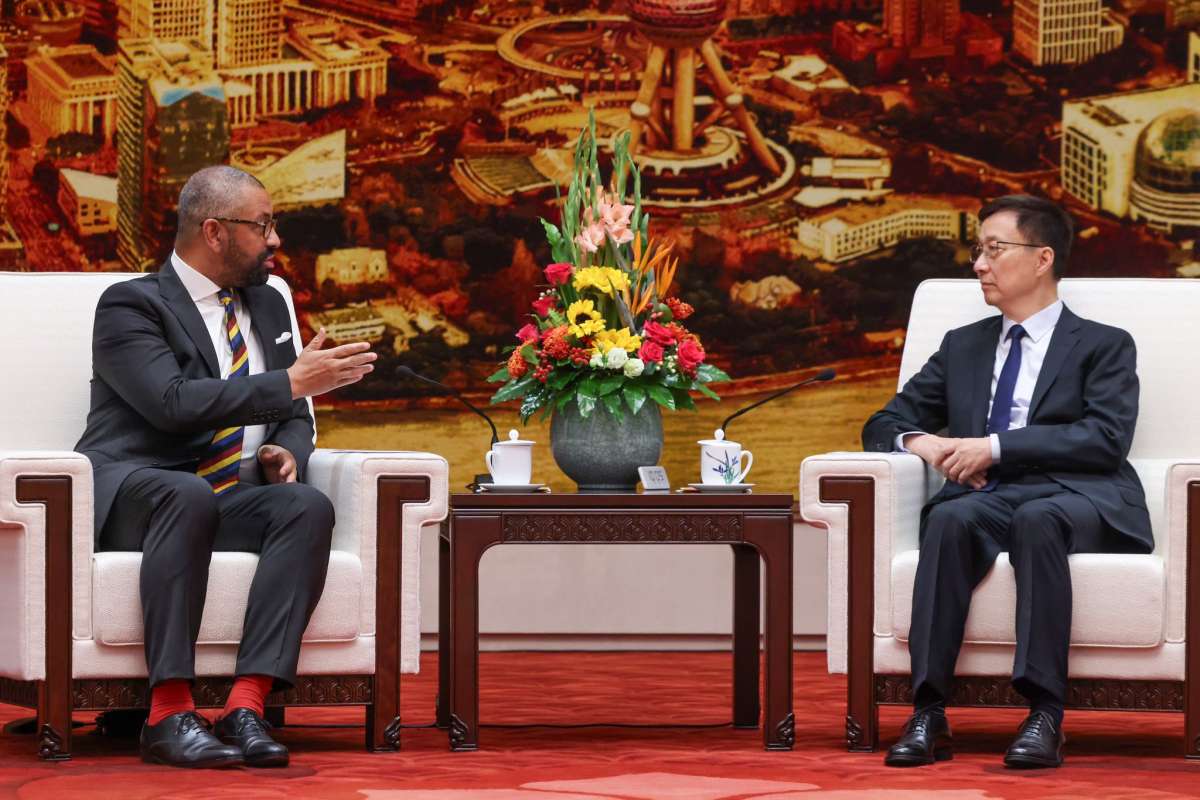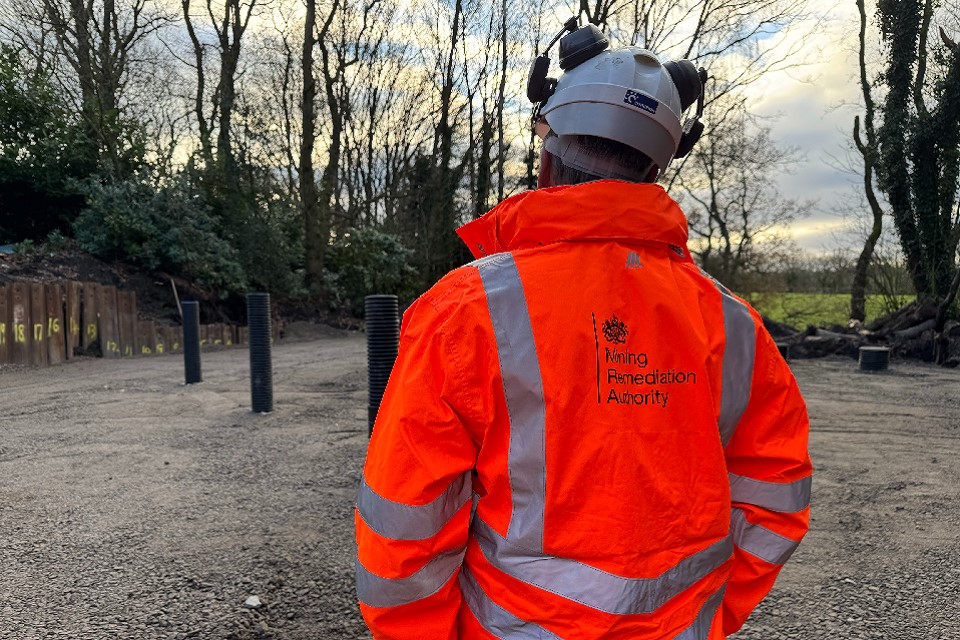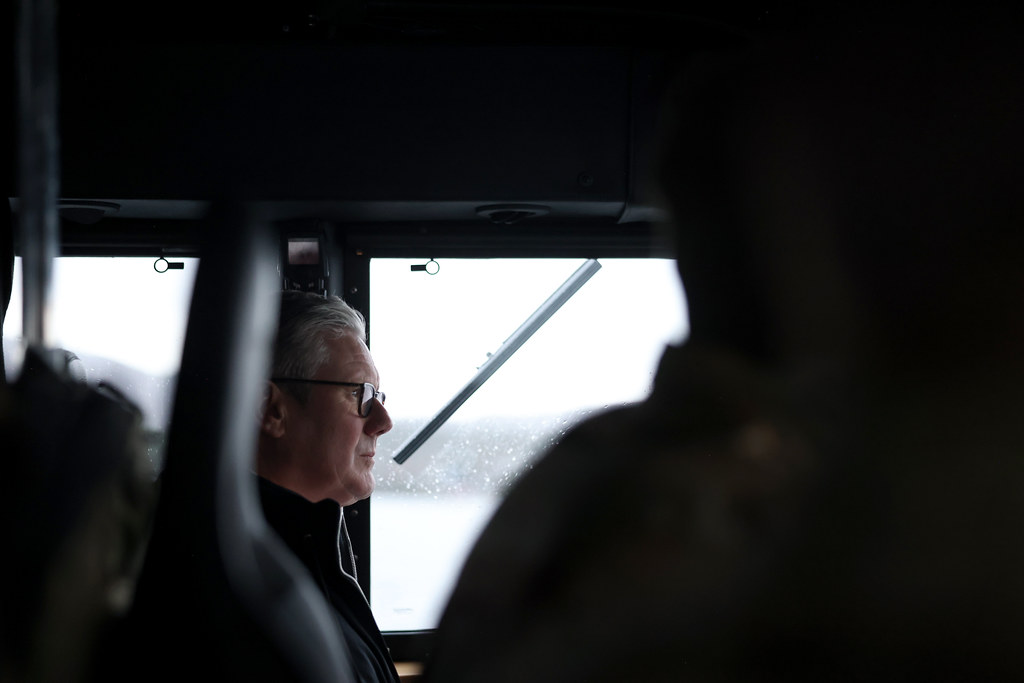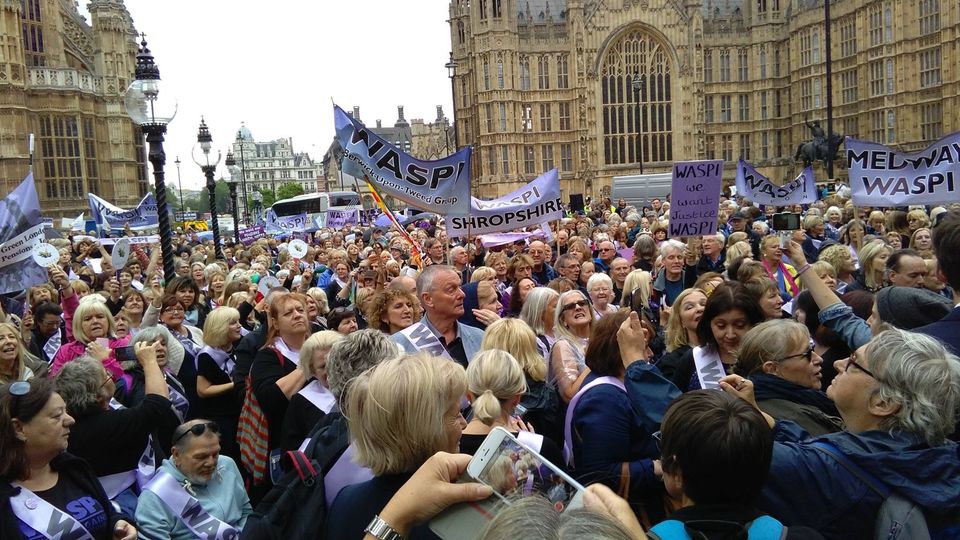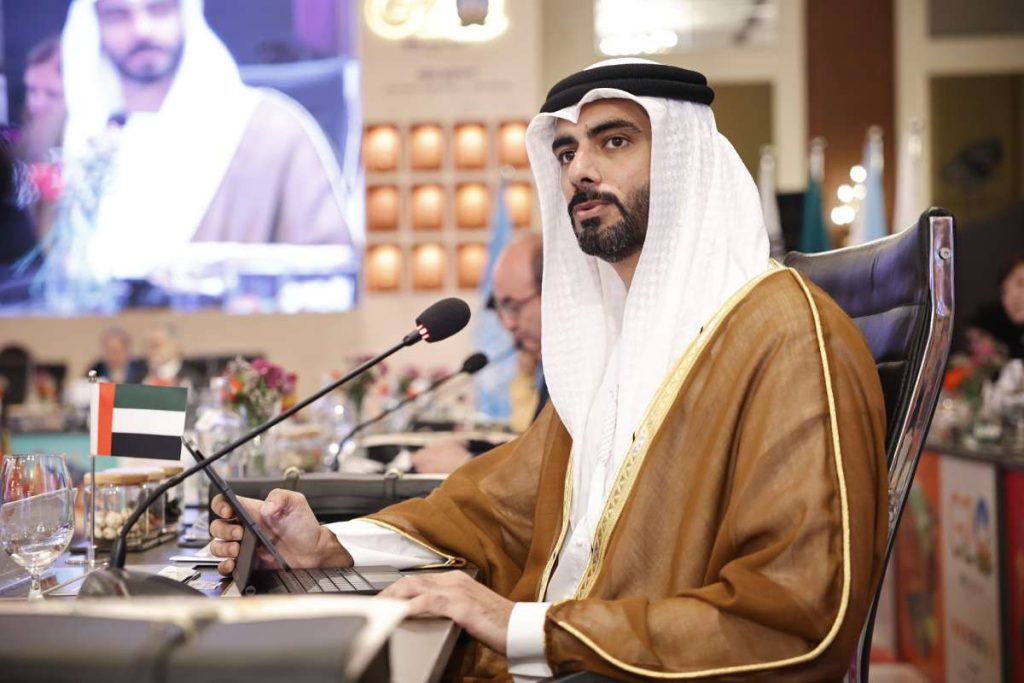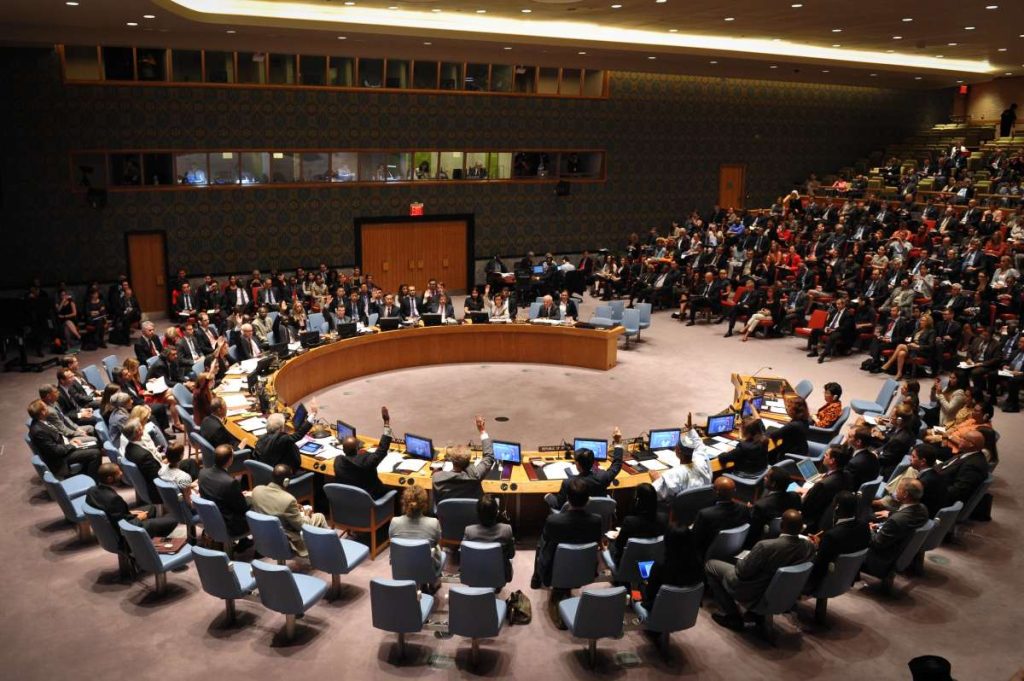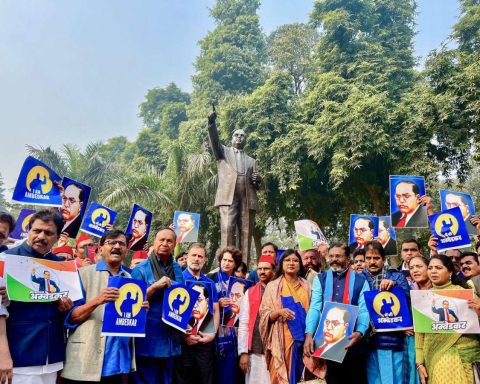After meeting China’s vice president, Cleverly said the trip, the first by such a senior UK figure in five years, would help avoid “mistrust and errors”…reports Asian Lite News
Foreign Secretary James Cleverly has defended talks with Chinese officials in Beijing, telling the BBC it would not be “credible” to disengage.
After meeting China’s vice president, Cleverly said the trip, the first by such a senior UK figure in five years, would help avoid “mistrust and errors”.
But ahead of his visit, some UK MPs attacked the government’s approach to China as “incoherent”. In recent years, UK-China relations have deteriorated.
China is still the UK’s fourth largest trading partner, but concerns over threats to civil liberties in the former British colony of Hong Kong, espionage by China in the UK, and China’s support of Russia during the invasion of Ukraine have led to tensions between the two countries.
Cleverly said his visit was an opportunity to speak “directly and unambiguously” on areas of disagreement and “work together where it is in our mutual interest to do so”.
He said it would allow the UK to “re-establish lines of communication” and added that a lack of face-to-face engagement could lead to “more opportunities for perhaps misinterpretations, mistrust and errors”.
“I’m realistic that one phone call, one visit, one meeting isn’t going to fundamentally change the direction of travel,” he said, but added that “patient, consistent and reliable communication could have an effect”.
“That is why I bring up issues around human rights, Xinjiang, Hong Kong and indeed individual cases every time I have meetings with representatives of the Chinese government.”
Asked about China’s support for Russia in Ukraine, Cleverly said the country had an interest in bringing the war to “a fair and successful conclusion”. “I don’t think it is in China’s interest for there to be a perception they are supporting actively or even passively Putin’s actions.”
Cleverly said the UK wanted to maintain an economic relationship with China, but added: “National security comes first and if there is ever a situation where our security concerns are at odd with our economic concerns, our security concerns win out.”
On Wednesday, Cleverly met China’s Vice President Han Zheng at the Great Hall of the People in Beijing and held talks with China’s Foreign Affairs Minister Wang Yi.
The Foreign Office said during the meetings he raised the case of Jimmy Lai, expressed concern about the treatment of the Uyghur people and urged China to lift sanctions on British MPs.
In recent months both the US’s Treasury Secretary Janet Yellen and Secretary of State Antony Blinken have visited China in efforts to restart communications between the superpowers.
Since the beginning of the year, China has also received visits from leaders of the EU, France, Germany and Spain.
Former Australian Prime Minister Malcolm Turnbull said that China is on a “charm offensive” after backtracking on “a very aggressive approach to foreign affairs” nicknamed wolf warrior diplomacy.
The UK-China relationship has changed dramatically since 2015, when David Cameron’s government hailed a “golden era”.
At the time, then-Chancellor George Osborne said the UK had “cemented its position as China’s best partner in West” and Cameron took Chinese President Xi Jinping for a pint in his local pub.
However, since then, the UK government has criticised China for its treatment of Uyghur Muslims living in the country and in 2021 it banned the Chinese company Huawei from UK’s 5G infrastructure citing security concerns.
In the same year, China banned five MPs – including former Conservative leader Sir Iain Duncan Smith – accusing them of spreading “lies and disinformation”.
As prime minister, Liz Truss was reportedly planning to re-categorise China as a “threat” to the UK.
Rishi Sunak has resisted calls to go that far but in 2022 he said that the “golden era” of relations with China was over and said attempts to build closer ties had been “naïve”.
At its heart the UK’s recent policy towards China has been based on a changing perception of the balance between the UK’s economic interests and its security concerns.
At times the UK has sought business opportunities in China and Chinese investment in the UK, welcoming Chinese participation in even sensitive sectors such as civil nuclear power stations.
But ties have been strained as China has taken an increasingly authoritarian turn under Xi Jinping’s leadership. The move now, under Sunak’s premiership towards new engagement, may be driven by a pragmatic, business-led policy, but it has come under criticism from some prominent MPs in the Conservative Party who have warned the UK should be moving to reduce the risks associated with allowing China influence in parts of the UK economy.
Speaking in London, Sunak declined to say whether he would have talks with President Xi at the G20 summit in Delhi next month, but said it was “sensible” to discuss areas where there was “common ground” such as climate change, global health and economic stability.
Cleverly’s visit comes as the Commons Foreign Affairs Committee criticised the government’s approach to China in a new report on UK policy in the Indo-Pacific. The report describes the activities of the Chinese Communist Party as “a threat to the UK and its interests”.
It raises concerns that the government’s strategy on China is classified and therefore not available to senior ministers – it says this has led to incoherence and calls for an unclassified version of its China strategy to be published to provide guidance to the public and private sectors.
ALSO READ-China renews red alert for typhoon Saola
